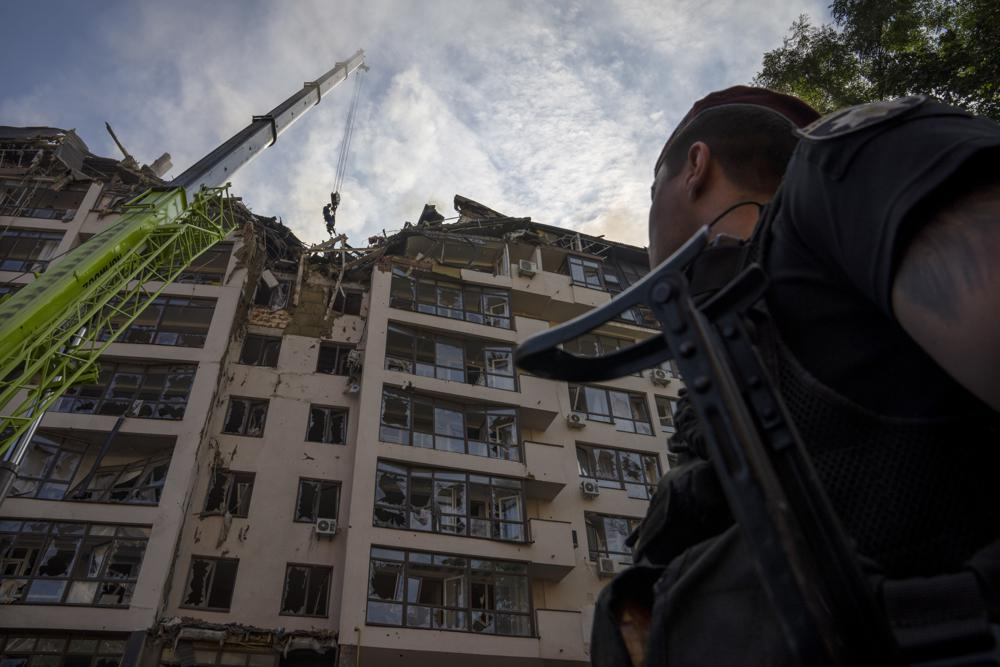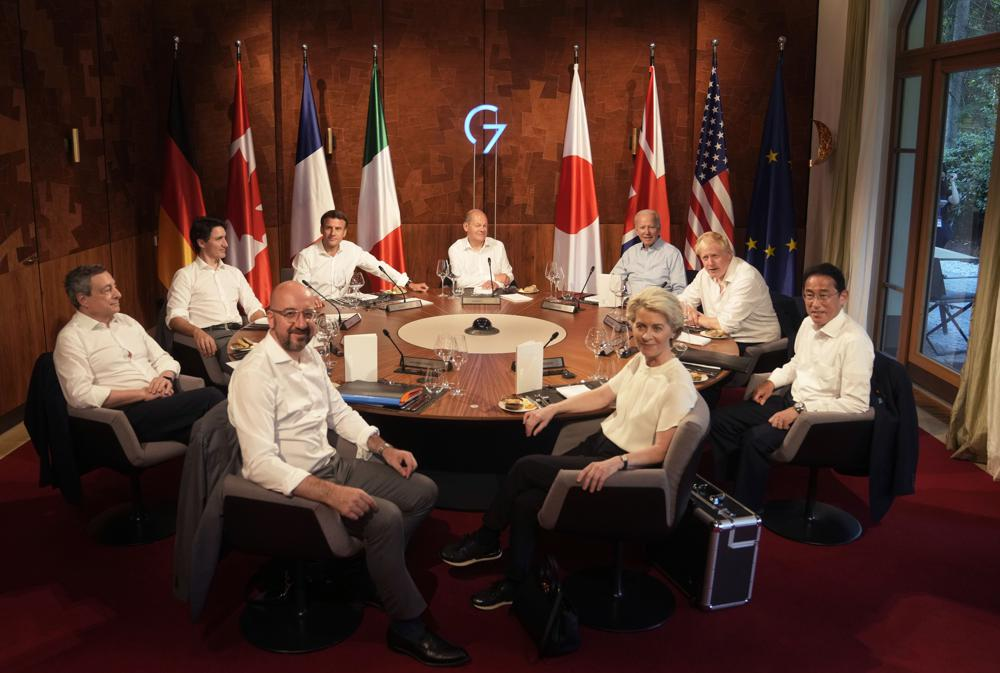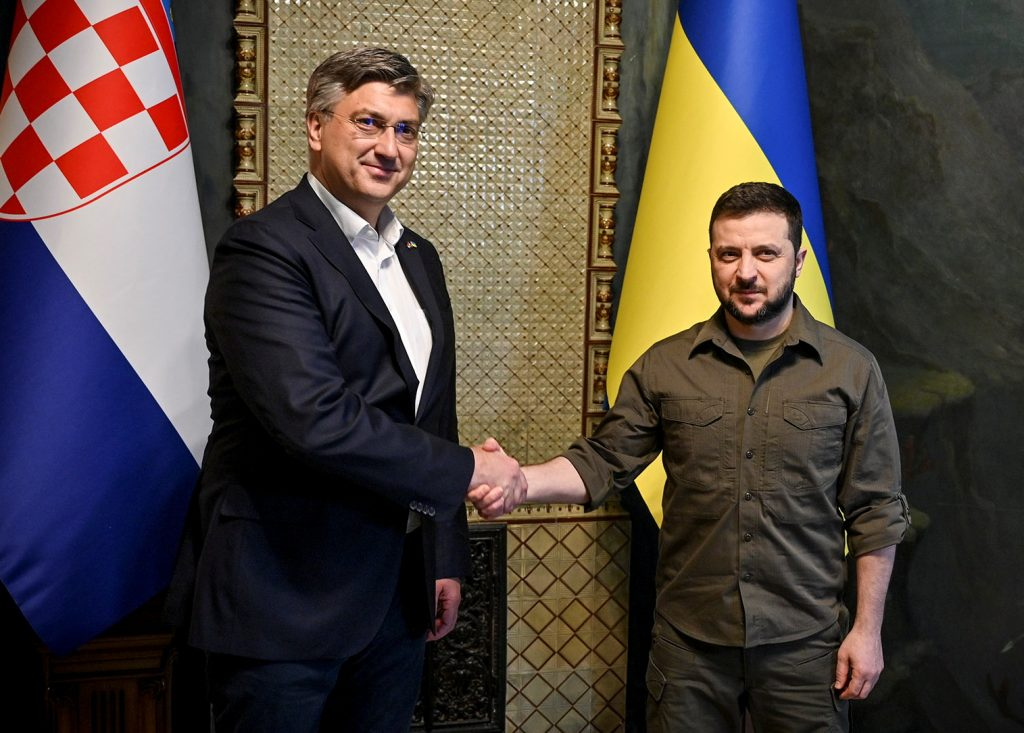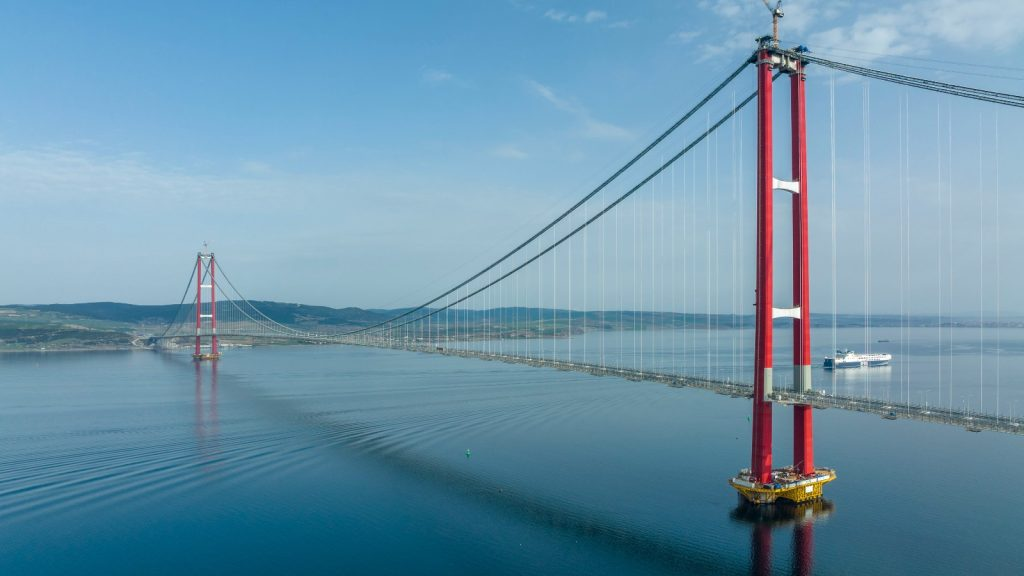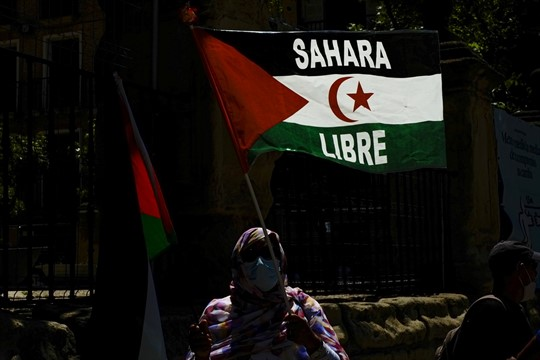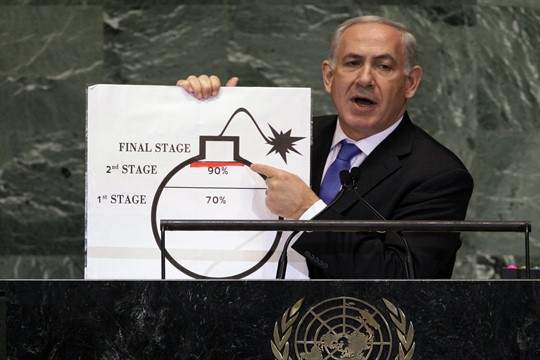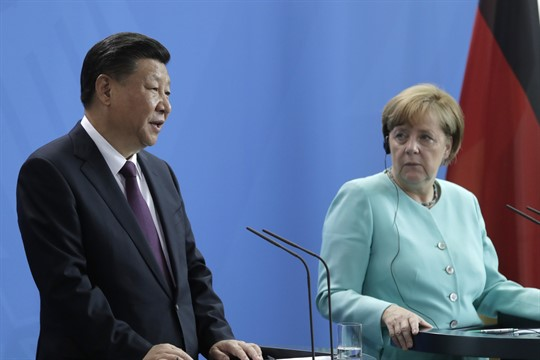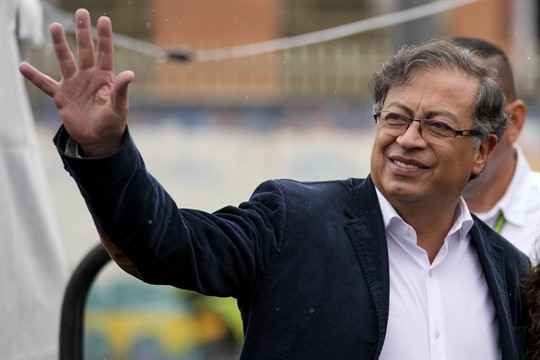As summit host, Spain urges NATO to watch its southern flank
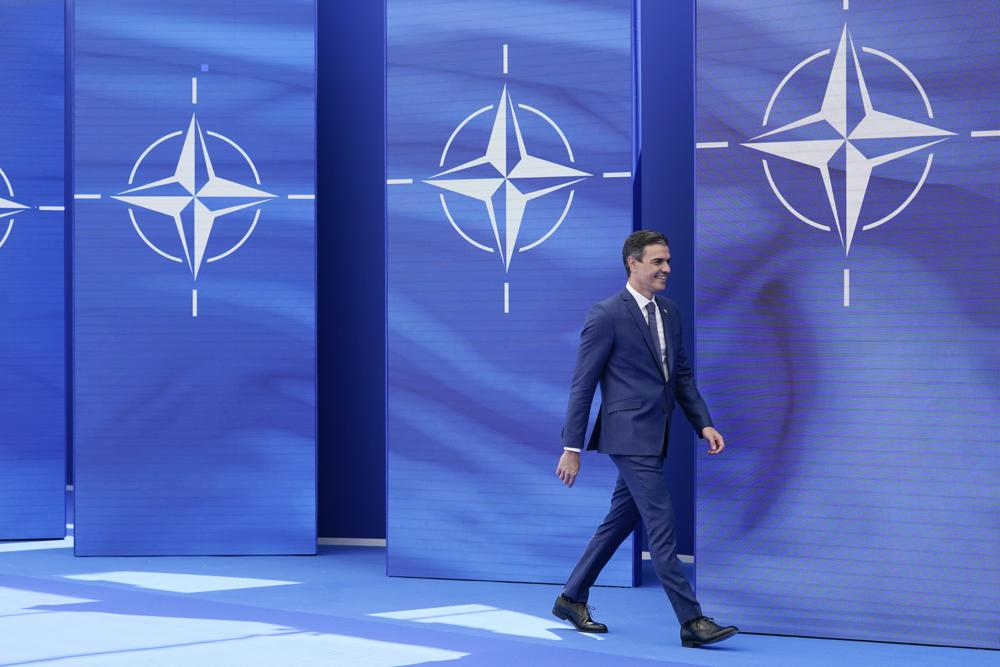
While Russia’s invasion of Ukraine is certain to dominate an upcoming NATO summit in Madrid, Spain and other member nations are quietly pushing the Western alliance to consider how mercenaries aligned with Russian President Vladimir Putin are spreading Moscow’s influence to Africa.

